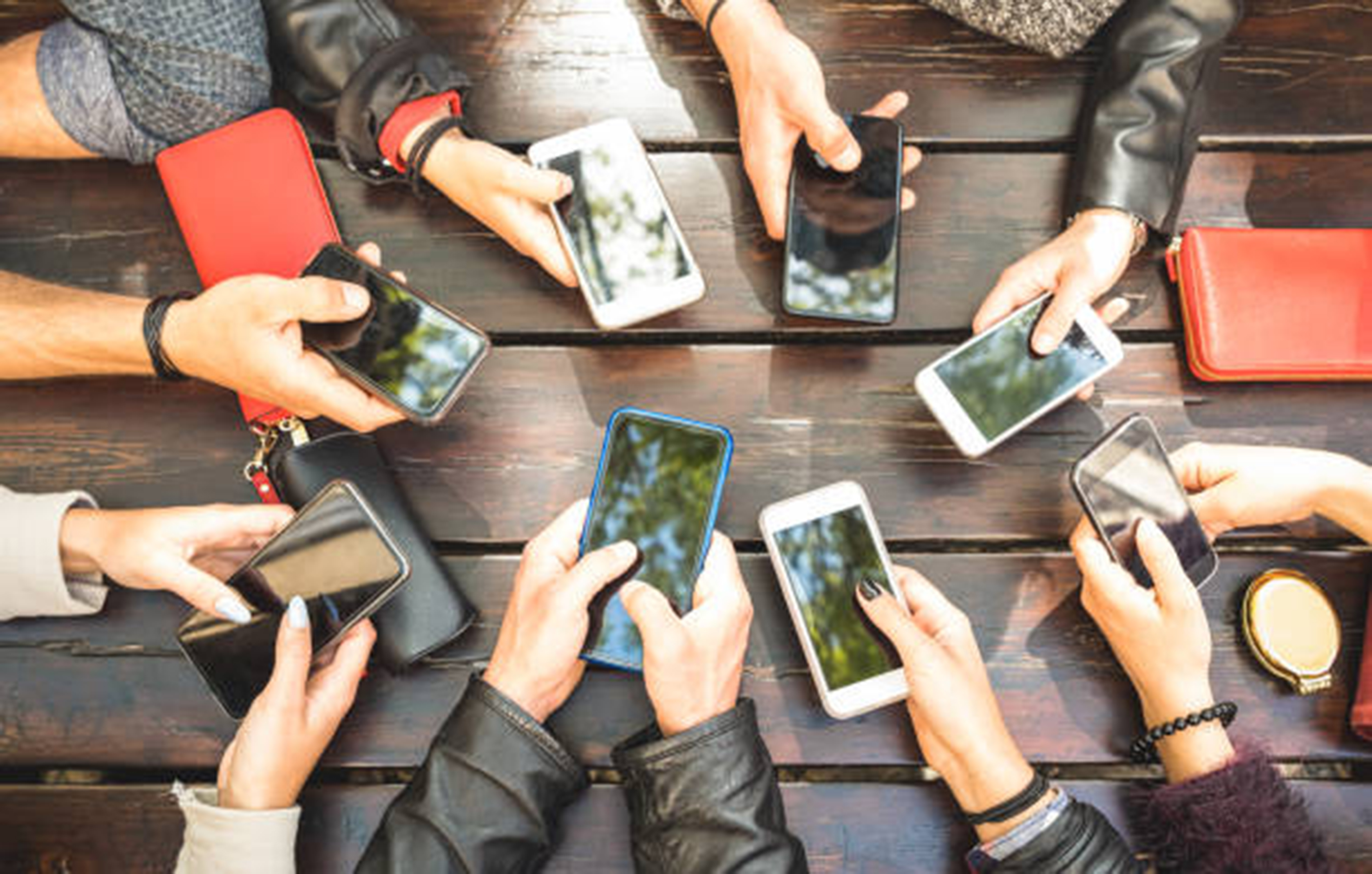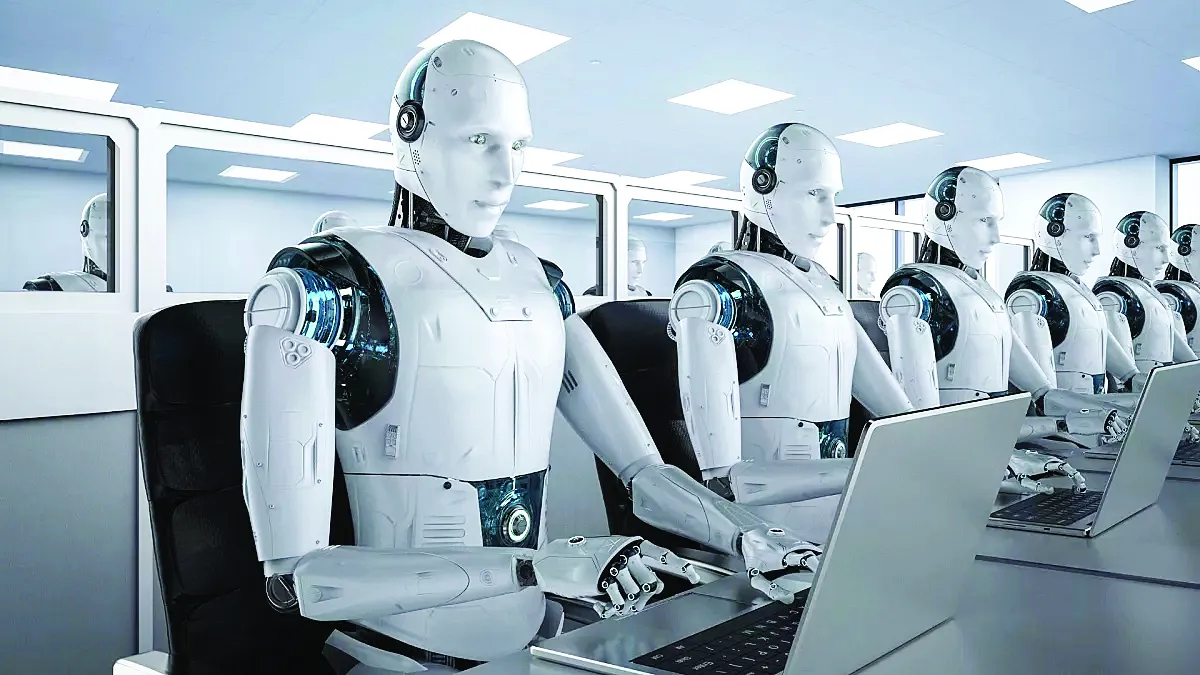Technology has become an inseparable part of our lives, transforming the way we communicate, work, and live. From the introduction of smartphones to the advancements in artificial intelligence (AI), the impact of technology on our daily lives has been monumental. This article explores the various ways technology has influenced and continues to shape our everyday routines, highlighting both the positive and negative aspects of its integration.
How is Technology Affecting Our Daily Lives?
Technology affects our daily lives in many ways.
Entertainment and Leisure
Technology has transformed the entertainment industry, creating immersive virtual reality (VR) and augmented reality (AR) experiences and streaming services providing on-demand access to movies, TV shows, music, and gaming esports competitions.
Also, the gambling industry has benefited from new technologies. Each year there are new innovations, such as a tool that generates random numbers. These are not the luckiest lottery numbers; after all, they are based on algorithms.
Communication Revolution
Smartphones have revolutionized communication, making it faster, more accessible, and more convenient. People can instantly connect through voice calls, text messages, social media platforms, or instant messenger services; barriers have been broken down between countries allowing global collaborations. However, constant connectivity also raises concerns of privacy invasion, social isolation, and digital balance issues.
AI and Automation
Artificial Intelligence has had profound effects on all areas of our lives, impacting virtually every facet. AI-powered virtual assistants like Siri and Alexa have become essential household fixtures, aiding with tasks and providing information. Machine learning algorithms also enable personalized recommendations on streaming platforms, e-commerce websites, and social media accounts – but ethical concerns regarding data privacy, algorithmic biases, and the resulting impact on human decision-making have surfaced as potential risks to society. Today, there is even AI art generators that create amazing pieces.
Transforming Work and Productivity
Technology has revolutionized our working lives, streamlining processes and increasing productivity. Cloud computing, collaboration tools, and project management software facilitate remote work allowing flexibility and work-life balance for remote workers. Automation and AI have had significant impacts in industries by taking over repetitive tasks so people can focus on more valuable tasks. Yet, fear of job displacement and skills gaps has arisen, necessitating upskilling or adaptation efforts in response.
Healthcare and Wellbeing
Technological advancements have revolutionized healthcare, leading to enhanced diagnostics, treatments, and patient care. Wearable devices, health monitoring apps, telemedicine services, and AI-powered algorithms enable individuals to monitor their own health remotely while also accessing medical advice remotely. However, there remain concerns around data security, accuracy, and equitable access to healthcare.
What are the Challenges of Daily Technology Use?
The challenges associated with daily technology use are many. Here are the top three:
Digital Overload and Information Overload
One of the major difficulties associated with daily technology use is being inundated by information. Our digital age has brought an overwhelming abundance of content and data directly into our homes and lives, causing a constant bombardment of data from social media, news apps, instant messaging platforms, etc. – it can become hard to disconnect and find respite from all this digital noise! In addition, Overexposure may lead to increased stress levels, decreased productivity levels, and lack of focus for some individuals.
To address this challenge, it is crucial to establish healthy digital boundaries. We can create more intentional and mindful uses of technology by limiting screen time, engaging in digital detoxes, and curating what information we consume. Furthermore, productivity tools like time management apps or website blockers may help us regain control over our digital lives.
Diminished Face-to-Face Interactions
Technology has altered our communication and interaction styles significantly, providing instant connections through social media or video conferencing but leading to reduced face-to-face contact through texting, social media, or video conferencing, resulting in diminished social skills, difficulty developing meaningful emotional bonds, or feelings of isolation.
To address this challenge, it’s crucial to find an ideal balance between virtual and in-person interactions. Making an effort to engage in meaningful face-to-face discussions, plan tech-free social activities, and foster offline relationships can help maintain a genuine human connection in today’s digital age.
Privacy and Security Concerns
With technology’s growth comes increased risks of privacy breaches and cyber threats. For example, device connectivity allows for the collection and utilization of personal data – from online banking accounts to social media profiles – meaning our personal information could become vulnerable to hacking, data breaches, and unauthorized surveillance.
To protect our privacy and security, it is vital that we follow best practices for digital hygiene. This means using strong passwords with unique characteristics that cannot be cracked easily; setting up two-factor authentication; regularly updating software/devices/apps; being wary about sharing personal data online; as well as being educated on privacy settings, encryption methods, and potential cyber threats in order to navigate more securely online.
Conclusion
Technology poses numerous and ever-evolving challenges that must be considered when adopting it into daily life. Although technology has the power to greatly enrich our lives in numerous ways, we should remain cognizant of its risks in order to take full advantage of all it offers while minimizing any negative repercussions. Striking a balance between our digital world and physical one is key in today’s hyperconnected society in which we reside.























